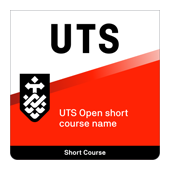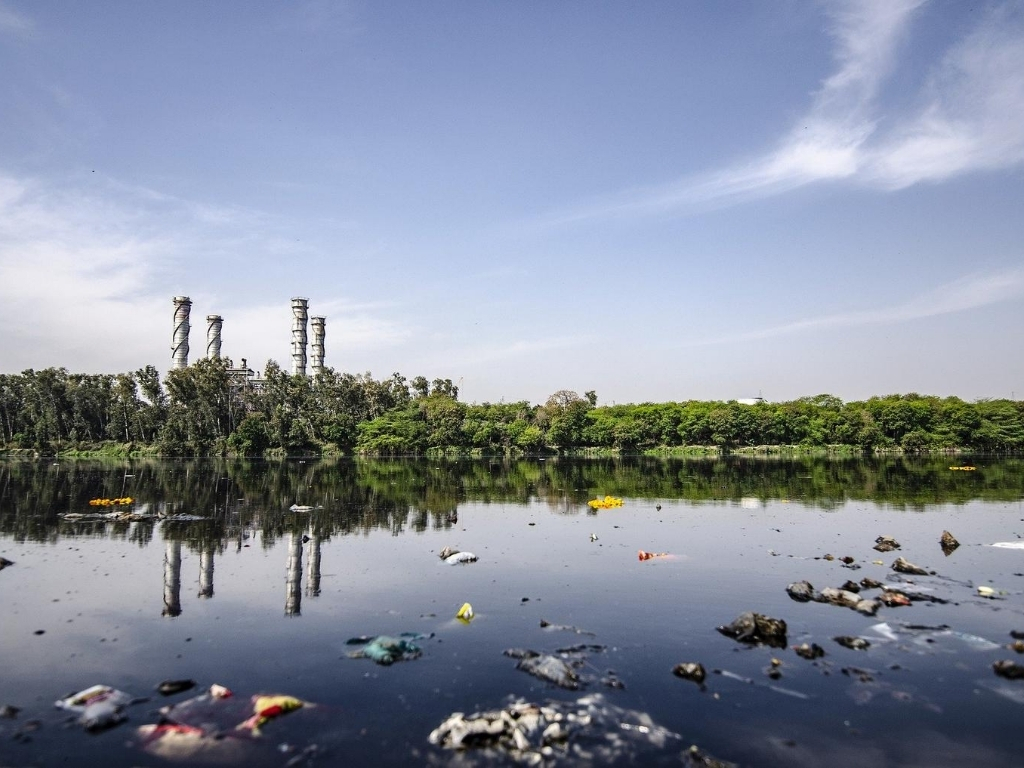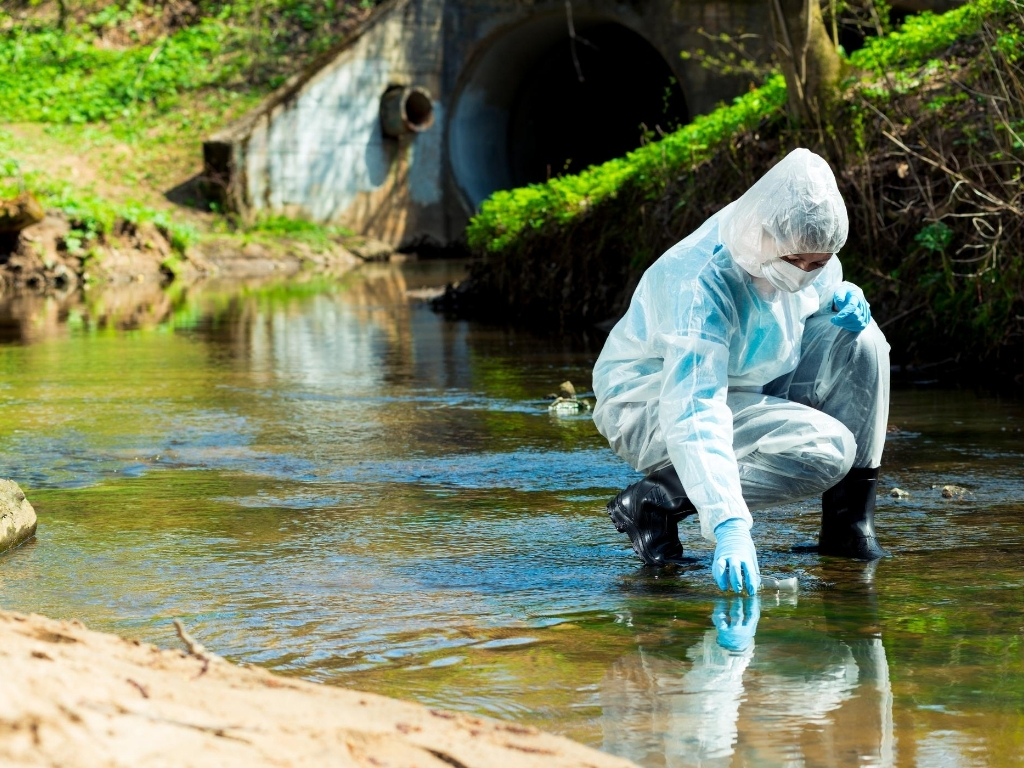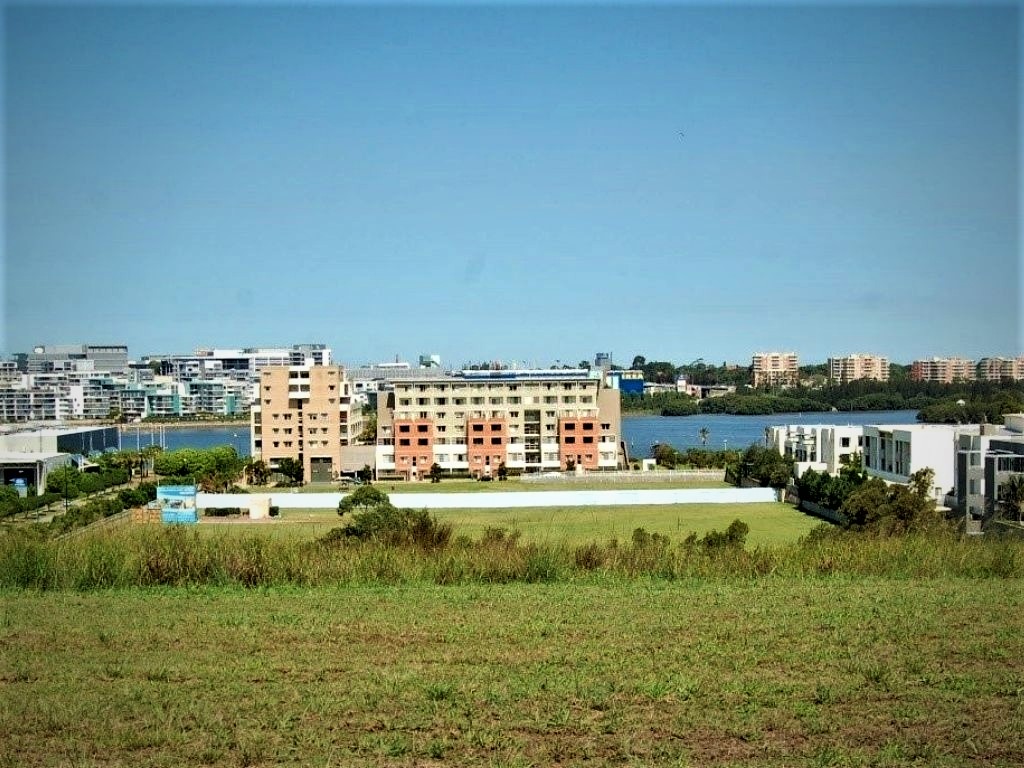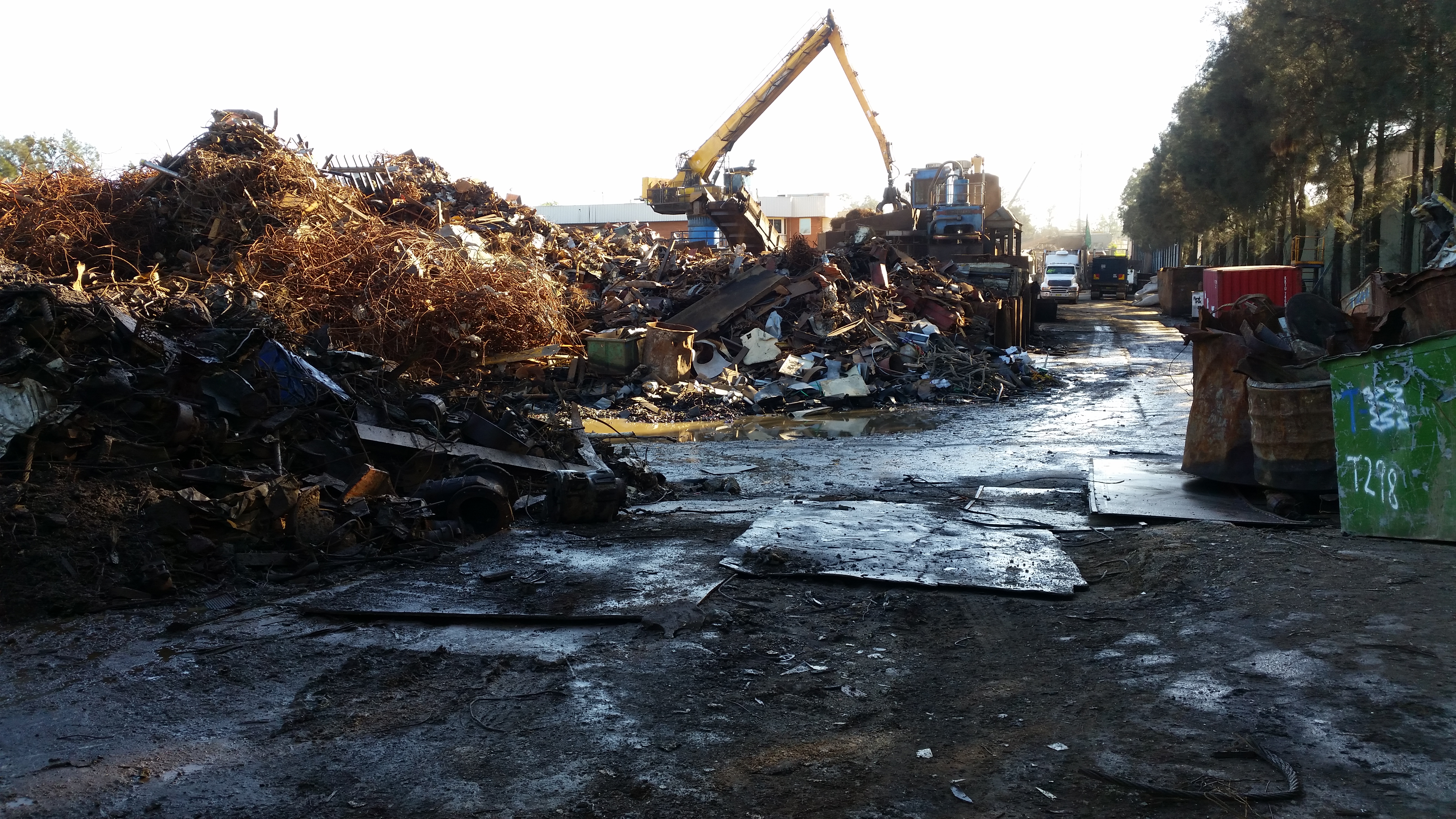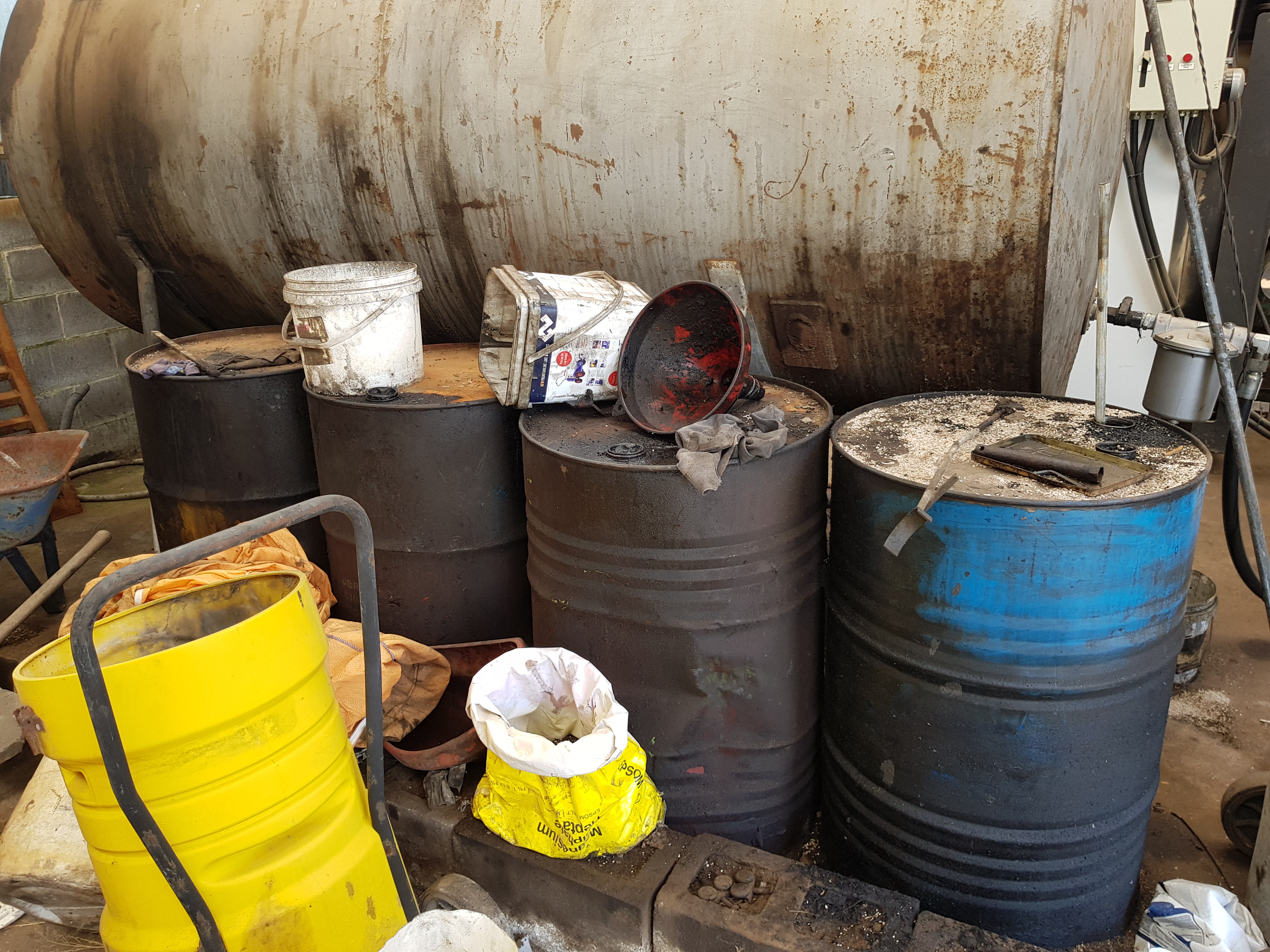This is an intensive course, for which you will need to do some preparation prior to attending. It is presented at UTS City campus, with simultaneous presentation via Zoom for online participants.
There will be recommended reading lists and occasional preliminary exercises that you will need to complete before the live lecture sessions – this material will be uploaded on the teaching and learning platform, Canvas, to which you will be given access on registration. The materials on this platform will be available for you two weeks prior to the start of the sessions so that you will have enough time to prepare. All presenters assume that you have completed this preparation.
For on-campus participants:
- there is a fieldtrip lasting approximately 4 hours. You will need to bring suitable clothing and footwear and drinking water. Safety equipment is not required (you will be provided with any safety clothing that is necessary). Further information will be provided on registration.
Additional information:
- You will gain access to the lecture material (slide decks) shortly before the live lectures start
- During each day of the course there will be 4x90-minute presentations, with different experts presenting each session
- Between the lectures there will be tea and lunch breaks, with the course fully catered
- The lecture presentations are designed to be interactive; questions from you are welcomed by the presenters as they provide the opportunity for the group to exchange experiences and discuss related issues
- All of our presenters use recent case studies to illustrate the concepts they present; generally, real-life problems are workshopped in small groups so that you can apply the concepts yourself
- Through the preliminary readings, and live lectures, workshops and group discussions you will gain the understanding of the importance of risk-assessment approach in contaminated site assessments and remediation through the theoretical and real-life case studies.
Specifically, the course will cover the following content:
- The concepts and terminology of the discipline of risk assessment
- The distinction between human health and ecological risk assessments and their inter-relationship
- The basis and application of risk assessment methodology in developing quality guidelines for environmental media (soil, waters, soil vapour, sediments)
- Weight-of-evidence approach in the evaluation of risk of harm
- The realities of applying risk assessment approach to real life examples of contaminated site assessments and remediation
- The importance of appropriate communication of human health risk assessment outcomes to stakeholders and non-experts
- Relevant case studies as presented by expert site auditors.
Course delivery
The course is delivered via lectures, workshops and panel discussions, and a fieldtrip giving you the opportunity to share your experiences with presenters and other participants.









